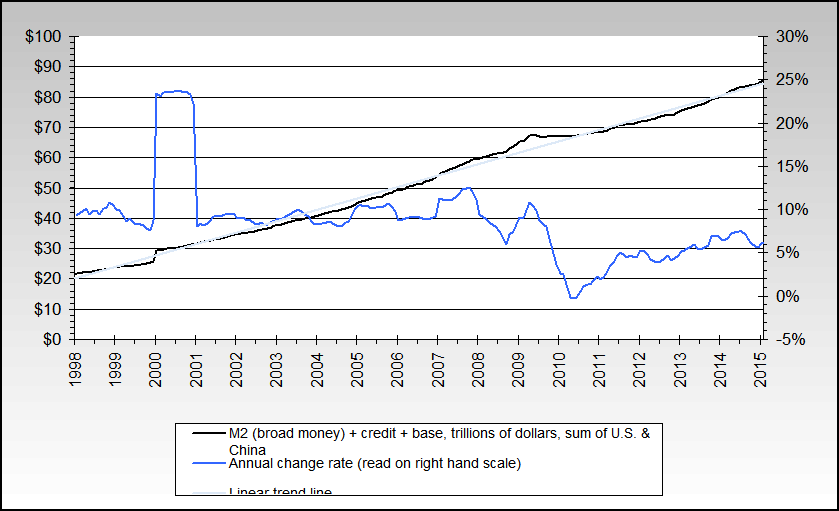Re: China Crash 2011 - Part I: The repetition compulsion of central bankers – Part I: Let us raise up then crash the economy, again - Eric Janszen
anyone have any predictions on how long the new u.s. defense austerity approach lasts?
Originally posted by bill
View Post


Comment